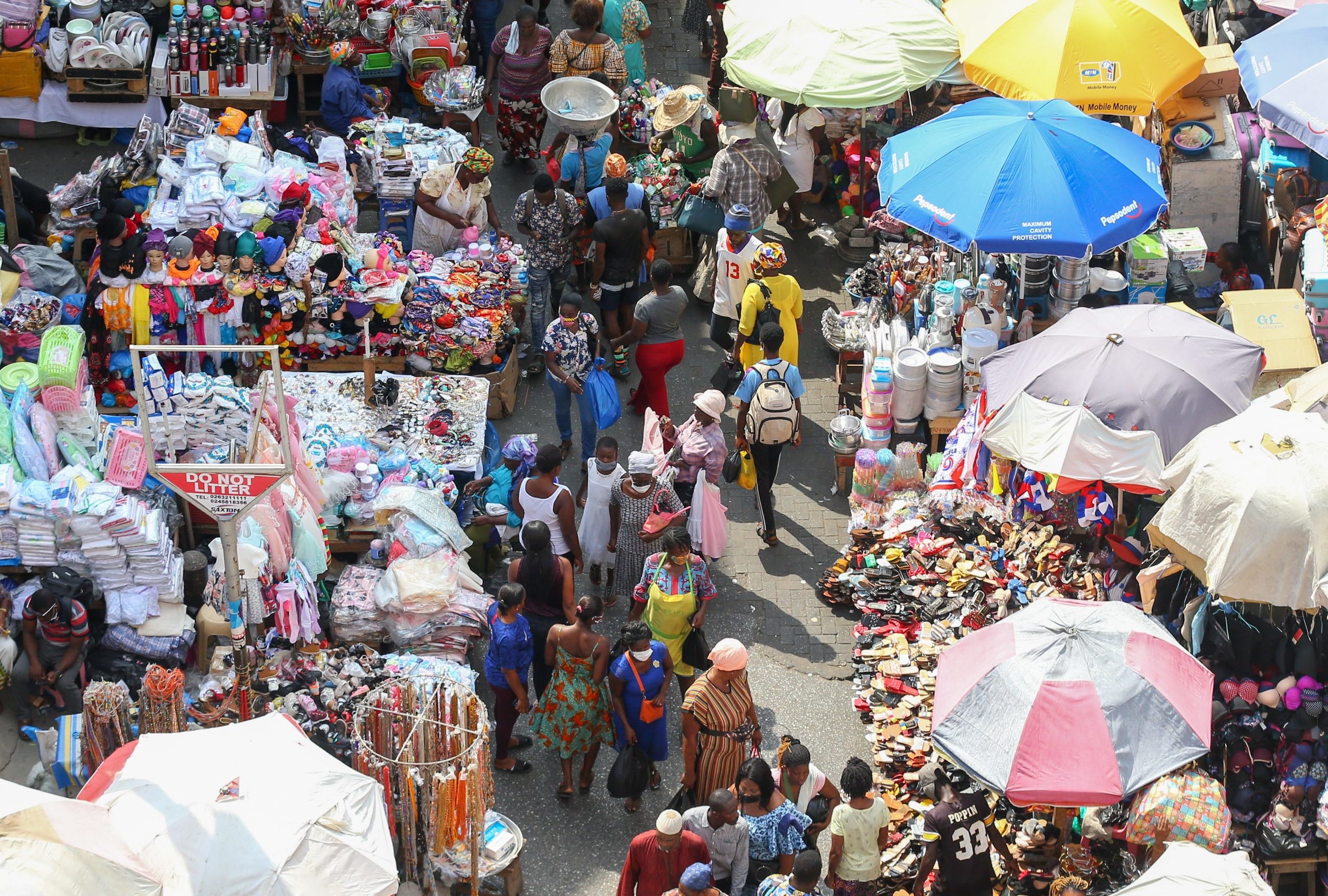Seven African countries, including Rwanda, Cameroun, Egypt, Ghana, Kenya, Mauritius and Tanzania have been selected to start trading under the African Continental Free Trade Area (AfCFTA) framework in a pilot phase.
This move seeks to test the environmental, legal and trade policy basis for intra-African trade, according to the AfCFTA secretariat. The countries picked to participate in what is known as the AfCFTA Initiative on Guided Trade were announced during the 9th meeting of the AfCFTA Council of Ministers in Accra, Ghana.
The seven were selected from a list of 36 that had earlier expressed interest in trading under the pilot phase with each of the applicants having submitted its tariff schedule during the application process.
According to the AfCFTA modalities, 90 per cent of tariff offers fall under category A, which covers products that were liberalised in 2021. This will progressively be reduced over 10 years. Seven per cent get liberalised over 15 years while three per cent of products are excluded from tax exemption.
According to the AfCFTA Secretariat, the initiative seeks to demonstrate that AfCFTA is functioning and send a political message to countries that are yet to submit their provisional schedules of tariff concessions in accordance with agreed modalities. The initiative will identify companies, products, customs procedures, and logistics processes required to enable a trade to happen under the AfCFTA, officials said.
Antoine Kajangwe, Director General of Trade and Investment at the Ministry of Trade and Industry, Rwanda said Rwanda would now begin to access markets in the west and central Africa on preferential rates, with a reduction in duties having begun in 2021.
“Over time, this will increase Rwanda’s intra-African exports, spur industrialization through economies of scale, increase employment in productive jobs, and lead to the structural transformation of Rwanda’s economy,” he said.
Western African countries such as Ghana, Senegal, Nigeria, Chad, and Benin are said to present great potential for trade and investment for Rwanda’s private sector.
AfCFTA is the largest free trade zone in the world, covers 54 African countries, 43 of which have already ratified the agreement, with 39 state parties officially recognized. This zone is set to create a single market for goods and services of almost 1.3bn people across Africa and deepen the economic integration of Africa

